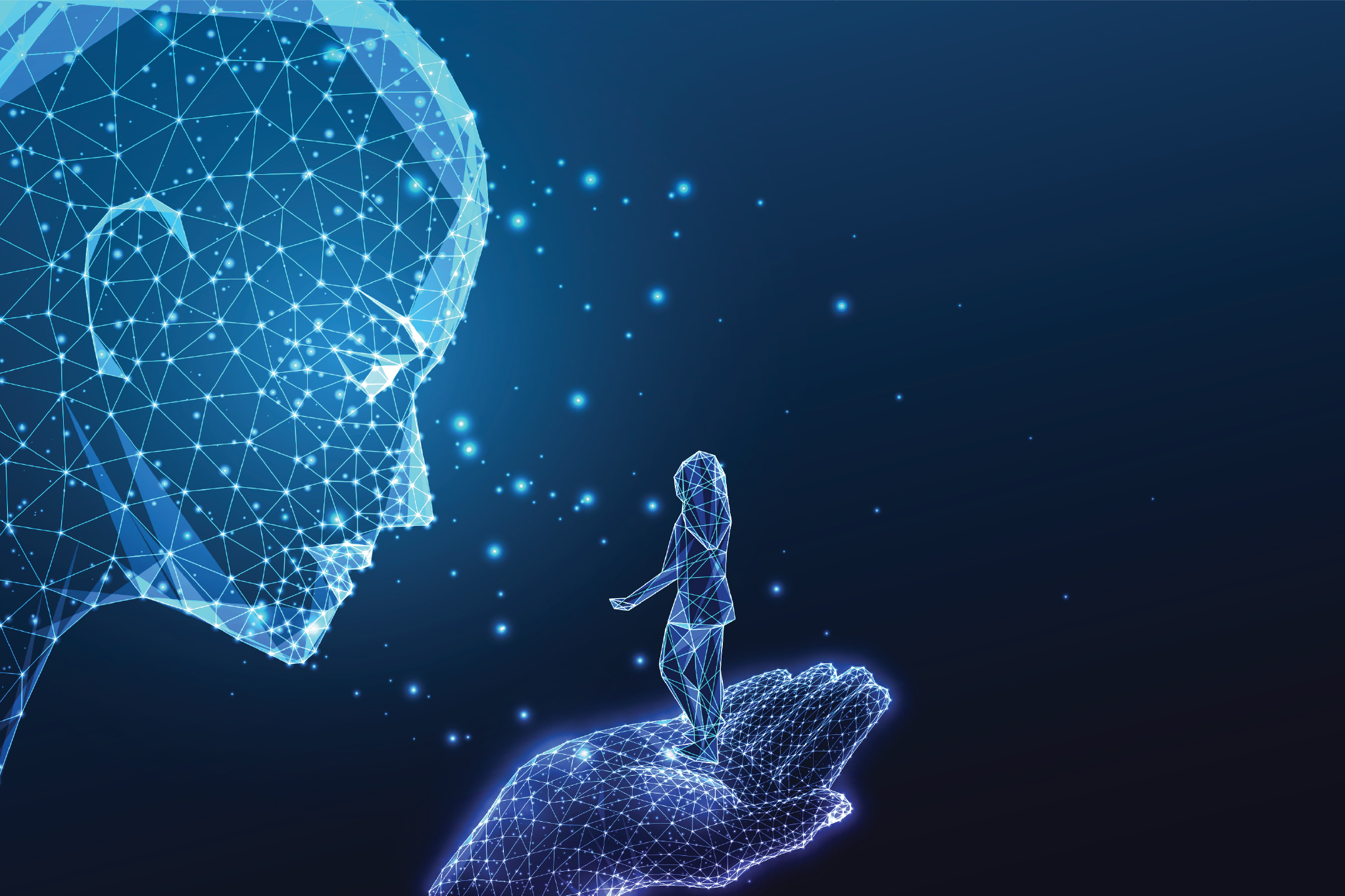Japan’s heart beats for fiction. In a land where anime reigns supreme, Japan has long faced a peculiar yet telling trend: people falling head over heels for fictional characters, from crushing on VTubers to acquiring anime waifu. This inability to form real-life relationships highlights a deeper societal issue — the plummeting rates of dating and marriage. In this strange digital era, some believe that the future of love lies not in flesh and blood but in code and algorithms.
Love in the Time of Anime
In Japan, a growing number of people are finding solace in the virtual arms of anime characters and VTubers. For many, these digital dalliances offer an escape from the brutal complexities of real-life dating. Live-streaming platforms like Pococha, MixChannel and 17Live have turned virtual personalities into quasi-partners, with fans eagerly shelling out cash for a synthetic sense of connection.
These relationships, while unconventional, fill a void for those who find real-world romance elusive. In a society where traditional dating norms and expectations often feel insurmountable, many Japanese people, particularly men, have sought refuge — and even marriage — in the virtual realm. Akihiko Kondo, a 41-year-old public school administrator from Tokyo, married the virtual character Hatsune Miku in November 2018. Another man, known only as Roy, followed suit in 2022.
Jigenkyoku is a company that issues marriage certificates for unions with fictional characters. As it explains on its website, it’s an “unofficial agency that connects the real world with other dimensions, accepting marriage registrations and issuing marriage certificates.” While the marriage certificates have no legal standing, Jigenkyoku issues them to those who desire one for ¥8,700 apiece. It’s already issued certificates to over 200 couples.
The website’s operator, Yasuaki Watanabe, a designer from Matsudo city in Chiba Prefecture, told the Yomiuri Shimbun that he himself had “married” Hibiki Tachibana, the protagonist of the anime Senki Zesshou Symphogear.
“I fell in love with a character just as one would fall in love with a human,” he told the newspaper.
A 2017 nationwide survey by the Japanese Association for Sex Education delved into the question of the sexual behavior of young people and discovered that about 15% of male respondents — and roughly the same percentage of female respondents — were romantically attracted to anime and video game characters. As 13,000 junior and senior high school students and college students responded, those rates represent approximately 2,000 young people who are engaging in what society often deems unconventional romantic interests.
This phenomenon often attracts harsh judgment and criticism; the chorus of disapproval echoes through society.
Rather than dismissing these pseudo-relationships as problematic, however, one man views them as a natural response to the challenges of contemporary romance. Keiji Isogimi, the founder of the popular Japanese dating app Ozen and several other dating platforms, believes that these virtual relationships are not an issue to be eradicated but an untapped resource brimming with potential. Isogimi argues that these unconventional bonds can be harnessed to address the broader crisis in Japan’s dating scene.
Japan’s Dating Drought
But what, exactly, is the crisis in Japan’s dating scene? Quite simply, it’s that the dating scene is in a state of decline.
A survey conducted in September 2023 revealed that more than one-third of unmarried adults between the ages of 20 and 49 have never been in a relationship. Furthermore, one-quarter have zero intention of ever getting married. According to Recruit Holdings, which has been holding marriage-related surveys since 2017, the 34.1% of respondents (men and women) who have never been in a romantic relationship represents an all-time high. Among men in their 20s, a staggering 46% admitted to never having ever dated anybody.
According to the survey, reasons for remaining unattached vary, but a significant cause is severe income disparity. As social inequality deepens in Japan, younger and middle-aged generations find themselves increasingly unable to afford dating and marriage. Men, who often bear the brunt of economic pressure in relationships, are particularly affected by this reality.
The current state of affairs is so worrisome that the Tokyo Metropolitan Government has even stepped in to combat the crisis, launching its Tokyo Futari Story initiative to address the growing trend of loneliness and declining marriage rates in Japan. This includes a new dating app, set to kick off by late 2024, aimed at creating lasting couples.

Embracing AI Cupid
Isogimi, the dating app founder, proposes that artificial intelligence could break down the barriers many face in the traditional dating market.
“Japan’s virtual pseudo-relationships are not a problem,” he said in an interview with Tokyo Weekender. “They are untapped potential.”
Isogimi envisions a future where technology bridges the gap between emotional needs and societal expectations. By leveraging the emotional connections people feel toward virtual characters, he aims to create AI-driven relationship services that offer genuine companionship and support.
“I think AI relationships could also serve as a way for people to learn about love and eventually apply it to real-life relationships. While this might seem like it could accelerate the declining birthrate issue, I actually think it could help solve it. By improving their romantic skills with AI, people who have never even spoken to the opposite sex might gain the confidence to engage in real-life romantic relationships,” he argues.
Isogimi’s vision is not just theoretical. Inspired by the sci-fi romance Her, he is actively working to bring a similar vision to life. Her is a 2013 Spike Jonze film set in a near future where artificial intelligence has evolved to the point of forming complex emotional bonds with humans. The protagonist, Theodore, develops a romantic relationship with an AI operating system named Samantha, who provides him with companionship, emotional support and intellectual stimulation.
Isogimi sees the film as a blueprint for how AI can be integrated into everyday life to solve real-world problems. Her portrays AI not just as a tool but as a companion capable of genuine connection and understanding. This vision aligns with Isogimi’s goal of creating AI-driven relationship services that can offer real companionship and support to those struggling with human relationships.
By developing AI companions that can mimic emotions and provide genuine companionship, Isogimi hopes to address the loneliness and isolation that many people face. He believes that for those who struggle with human relationships, AI could be the answer to their loneliness, offering an accessible and viable alternative and, eventually, a solution.
The idea of falling in love with AI might sound dystopian, but Isogimi draws parallels to the early skepticism around dating apps. “Ten years ago, meeting someone online was considered bizarre. Now, it’s the norm. I believe that in five years, AI relationships will be just as accepted,” he asserts.
The New Age of Relationships
What lies in store for the future of human connection? As AI technology advances, it’s quite possible that the line between digital and real-life partners may begin to blur, ushering in an era where AI love is not just possible but prevalent.
This doesn’t have to be a dystopian nightmare where AI hijacks every facet of human relationships and reduces love to cold, calculated algorithms. Instead, in a world where traditional relationships are slipping further out of reach, AI could potentially become the digital cupid we never knew we needed.
Treating this uniquely Japanese phenomenon not as a problem but as a source of untapped potential that could solve a uniquely Japanese problem is, I think, an innovative approach that’s very much worth keeping an eye on.








